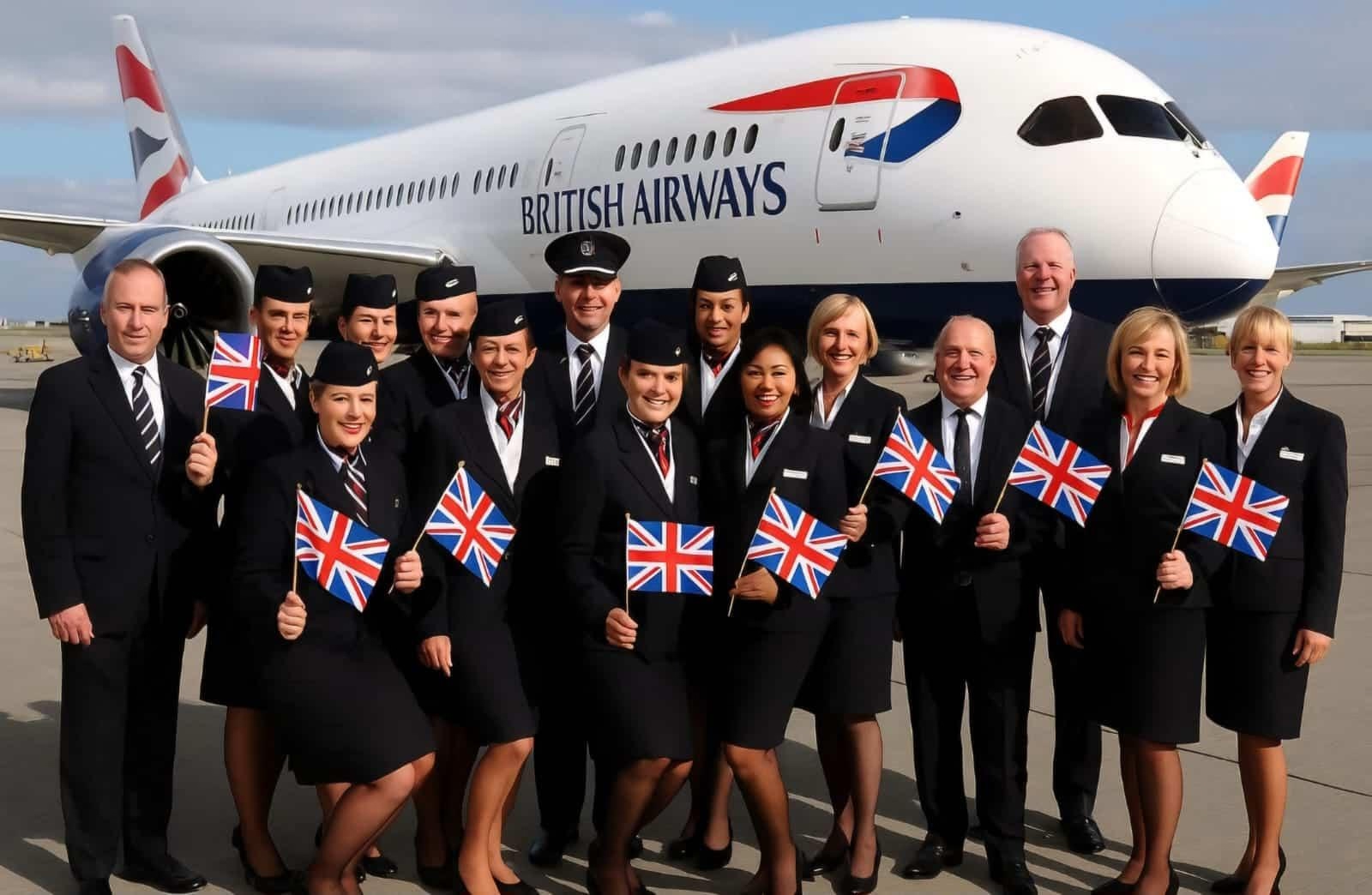AeroGenie — Your Intelligent Copilot.
Trending
Categories
British Airways Reports 86% On-Time Performance Using Artificial Intelligence

British Airways Reports 86% On-Time Performance Using Artificial Intelligence
Record Punctuality Driven by Technological Investment
British Airways has announced a record 86% on-time performance rate for the first quarter of 2025, attributing this milestone to a £100 million investment in operational resilience and artificial intelligence (AI) technologies. Central to this achievement is the airline’s deployment of advanced AI systems at its primary hub, Heathrow Airport, which have significantly enhanced the efficiency of flight operations.
The airline has implemented intelligent routing algorithms capable of analyzing real-time weather conditions and airspace congestion, allowing for dynamic adjustments to flight paths. Complementing these are optimized aircraft allocation systems and digital tools designed to streamline decision-making processes for crew and ground staff. According to CEO Sean Doyle, these innovations have substantially reduced delays and mitigated the impact of operational disruptions, demonstrating the transformative potential of data-driven solutions in the aviation sector.
Challenges Amid Technological Progress
Despite these advancements, British Airways faces a complex environment. Passenger skepticism persists regarding the reliability and transparency of AI-driven improvements. Recent incidents, including the arrest of a flight attendant for inappropriate behavior onboard, have attracted public scrutiny and may overshadow the airline’s operational gains. These events raise broader questions about management practices and passenger trust, underscoring the challenges that accompany technological progress.
The competitive landscape is also evolving rapidly. British Airways’ improved punctuality is expected to intensify pressure on rival carriers, prompting them to accelerate their own AI investments or highlight existing operational strengths. This development signals an industry-wide race to harness technology for enhanced efficiency, cost reduction, and improved passenger experience.
Global Trends in AI-Driven Aviation
The adoption of AI in aviation is not confined to the United Kingdom. At LABACE 2024 in São Paulo, Brazilian regional carrier Azul Conecta unveiled a comparable AI-based system aimed at optimizing aircraft allocation through predictive maintenance and integrated crew scheduling. Such initiatives exemplify a global shift toward AI-powered operational planning, yielding measurable improvements in punctuality and efficiency.
While British Airways’ investment significantly exceeds those in emerging markets like Brazil, the growing momentum behind AI adoption worldwide highlights the strategic importance of continued technological innovation. Airlines are increasingly recognizing that sustained investment in AI is essential to maintaining a competitive edge, even as they navigate challenges related to public perception and industry rivalry.
As British Airways advances its AI strategy, the airline—and the broader aviation sector—must balance the pursuit of operational excellence with the imperative to address concerns surrounding safety, reliability, and reputation in an environment of heightened scrutiny.

Emirates Unveils Cabin Design for New Boeing 777X

Eighteen Years On, the Airbus A380 Remains Central to a $34 Billion Airline

How a boom in luxury airline seats is slowing down jet deliveries

Navitaire Outage Attributed to Planned Maintenance

DigiYatra Debuts Outside Aviation at India AI Impact Summit

Vietnam Orders Strengthen Boeing’s Commercial Outlook

Airbus Signals Uncertainty Over Future A400M Orders

JobsOhio Awards $2 Million Grant to Hartzell Propeller for Innovation Center

Collins Aerospace Tests Sidekick Autonomy Software on YFQ-42A for U.S. Air Force CCA Program

How the Airbus A350-1000 Compares to the Boeing 777
